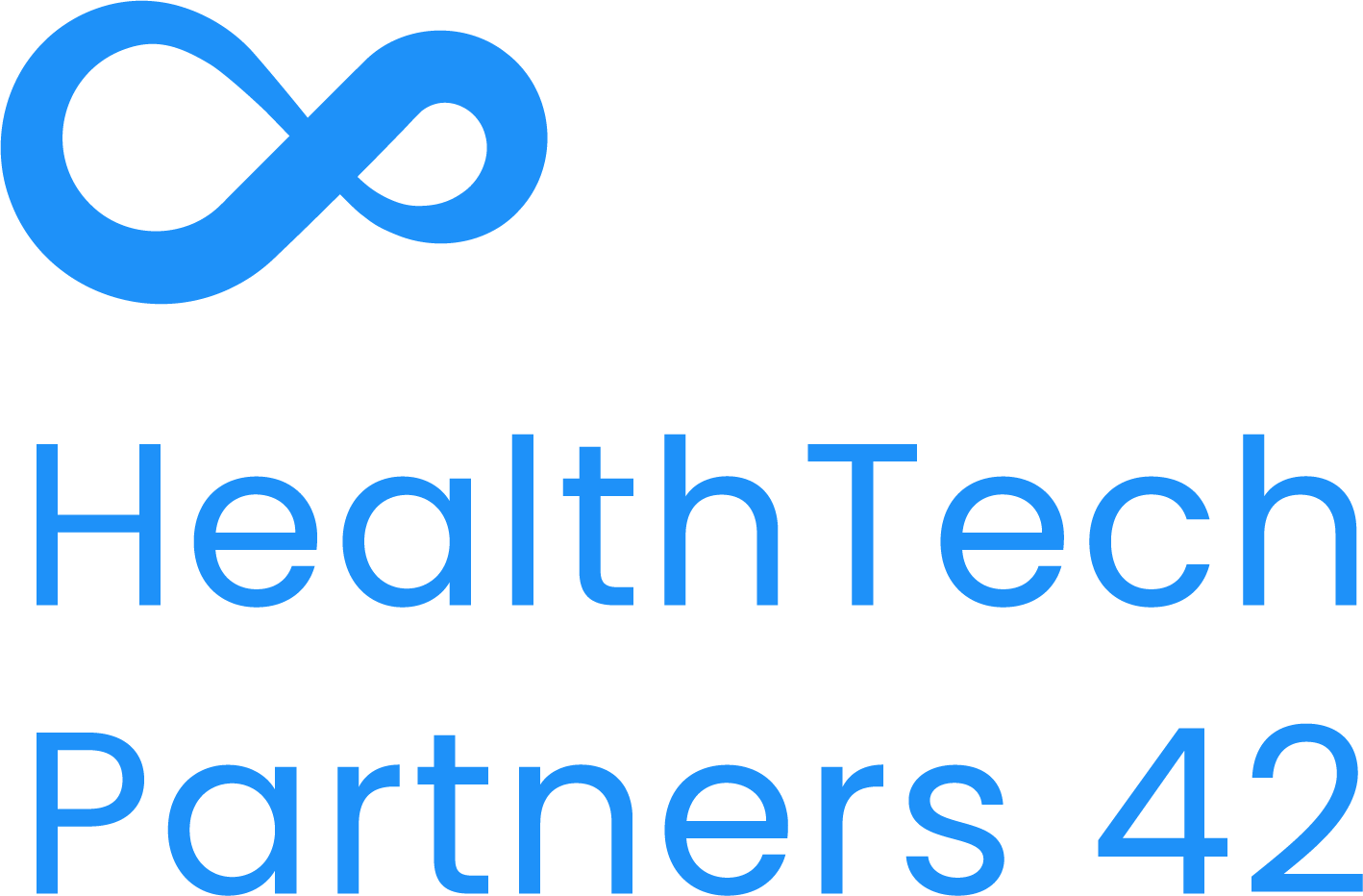Artificial intelligence (AI) is revolutionizing the way clinical data is utilized, particularly in the secondary use of this data for research and development. Traditionally, clinical data has been collected and used primarily for immediate patient care and regulatory compliance. However, with advancements in AI, there’s a significant opportunity to repurpose this data to uncover new insights, optimize treatment approaches, and drive innovation in the healthcare industry.
AI technologies, such as machine learning and natural language processing, enable the analysis of vast amounts of clinical data with unprecedented accuracy and speed. These technologies can identify patterns and correlations that might be missed by traditional methods, providing a deeper understanding of disease mechanisms, treatment efficacy, and patient outcomes. For instance, AI algorithms can analyze electronic health records (EHRs) to predict patient risks, personalize treatment plans, and even identify potential drug interactions that could enhance therapeutic effectiveness.
One of the key benefits of leveraging AI for secondary use of clinical data is the ability to accelerate the discovery of new medical insights and improve drug development processes. By applying AI to historical clinical data, researchers can generate hypotheses, design more efficient clinical trials, and refine drug targets. This approach not only reduces the time and cost associated with drug development but also increases the likelihood of successful outcomes.
Moreover, AI-powered analytics facilitate the integration of diverse data sources, such as clinical trial data, patient registries, and real-world evidence. This comprehensive view allows for a more holistic analysis of patient data, leading to more informed decision-making and better health outcomes. For example, AI can help in identifying patient subgroups that may benefit from specific treatments or uncover hidden trends in disease progression.
Despite these advancements, it’s essential to address challenges related to data privacy and security. Ensuring that AI applications comply with regulatory standards and safeguard patient confidentiality is crucial for maintaining trust and integrity in the use of clinical data.
In conclusion, leveraging AI for the secondary use of clinical data holds transformative potential for the healthcare industry. By harnessing AI’s capabilities, organizations can unlock valuable insights, drive innovation, and ultimately improve patient care. As AI technology continues to evolve, its role in optimizing the use of clinical data will become increasingly integral to advancing medical research and enhancing healthcare outcomes.






